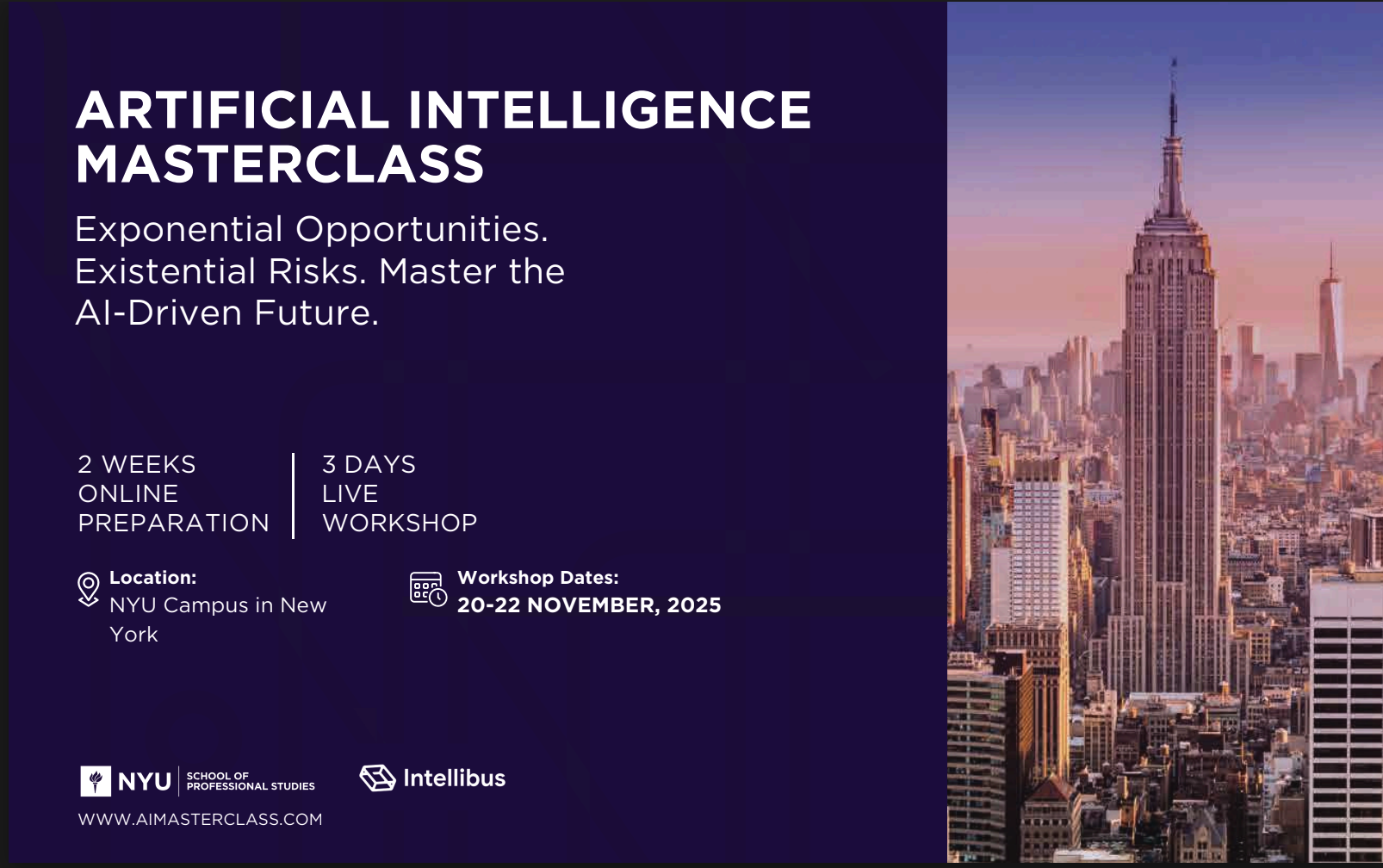What is Cognitive Architectures?
Understanding Cognitive Architectures
Cognitive architecture refers to the foundational structure, which allows for the development of computational models concerning human cognition. In essence, cognitive architectures serve to illustrate the underlying mechanisms governing human cognition and behaviors. Over the years, these architectures have found considerable application in developing intelligent agents capable of performing human-like tasks.
Key Characteristics of Cognitive Architectures:
- Broadly Applicable: Cognitive architectures do not limit their focus on a specific task or function. These systems can generalize across multiple applications, proving their versatility and broad practical functionality.
- Scalability: A major advantage of cognitive architectures lies in their adaptability and scalability. One can construct more complex cognitive models by adding additional components or scaling up the existing infrastructure, providing a flexible scaling mechanism to meet diverse computational demands.
- Comprehensive Models: Cognitive architectures provide a comprehensive platform for model-building that accommodatively houses the full range of cognitive processes. This comprehensive modeling facilitates a deeper understanding of these processes and their interactions.
- Predictive Output: Cognitive architectures have the ability to predict human behavior across several dimensions. They are designed to simulate cognitive processes and output responses that closely mimic human cognitive responses.
- Continual Improvement: Regular refinement and modification of cognitive architectures is vital to keep up with the rapid advances in cognitive sciences. This constant evolution paves the way for more accurate models of human cognition.
Implementing Cognitive Architectures
A strategic and in-depth planning is required to incorporate cognitive architectures effectively. Understanding the organization's specific needs and selecting suitable cognitive architectures will depend on a variety of factors. These include alignment with the organization's goals, flexibility of the architecture to accommodate future advancements and the availability of resources for implementation and ongoing support.
Trained professionals, with deep knowledge of cognitive sciences and computer modeling principles, will also be required for creating, maintaining, and refining these architectures. Hence, investment in quality human resources, along with thoughtful planning and effective management of the cognitive architecture implementation process, can ensure its successful adoption and utilization.
Artificial Intelligence Master Class
Exponential Opportunities. Existential Risks. Master the AI-Driven Future.
Benefits of Cognitive Architectures
The broad applicability and scalability of cognitive architectures yield several benefits:
- Reduced Development Time: Utilizing cognitive architectures means you can avoid starting from scratch when developing intelligent systems. Across a diverse range of applications, these universal and scalable architectures provide a robust platform for the swift development of AI models.
- Flexible & Versatile: Cognitive architectures offer the flexibility to accommodate and integrate a wide range of cognitive processes. This versatile characteristic makes them applicable in various domains ranging from artificial intelligence to psychology and cognitive sciences.
- Enhanced Prediction: Cognitive architectures’ ability to simulate and predict human cognitive behaviors offers in-depth insights into possible outcomes. This predictive function is beneficial, particularly for fields such as psychometrics, Human-Computer Interaction (HCI), and AI.
- Adaptability: Cognitive architectures consistently evolve in line with the advancements in cognitive sciences. This adaptability ensures cognitive architecture-based models stay relevant and effective, notwithstanding the fast-paced developments in the field.
Potential Disadvantages
Despite their numerous advantages, the use of cognitive architectures is not devoid of some challenges:
- Complexity: Building comprehensive and accurate cognitive models can be complex and difficult, taking considerable time and expertise.
- Variability in Human Cognition: The high variability in human cognition creates significant challenges when trying to construct a universally applicable model. Therefore, there may be some limitations in the ability of cognitive architectures to fully replicate human cognitive processes.
- Resource Intensity: Developing and refining cognitive architectures can be resource-intensive. Significant input, in terms of time, money, and skilled expertise is required for both their initial development and ongoing modification.
In conclusion, cognitive architectures offer a promising avenue towards achieving human-like cognition in artificial systems. Even with the challenges they present, the flexibility, adaptability, and predictive abilities of cognitive architectures make them an indispensable tool in the advancement of cognitive science and AI research. With continuous development and refinement, they may pave the way towards more significant breakthroughs in our understanding of cognition and the development of intelligent systems.
Take Action

Download Brochure
- Course overview
- Learning journey
- Learning methodology
- Faculty
- Panel members
- Benefits of the program to you and your organization
- Admissions
- Schedule and tuition
- Location and logistics



